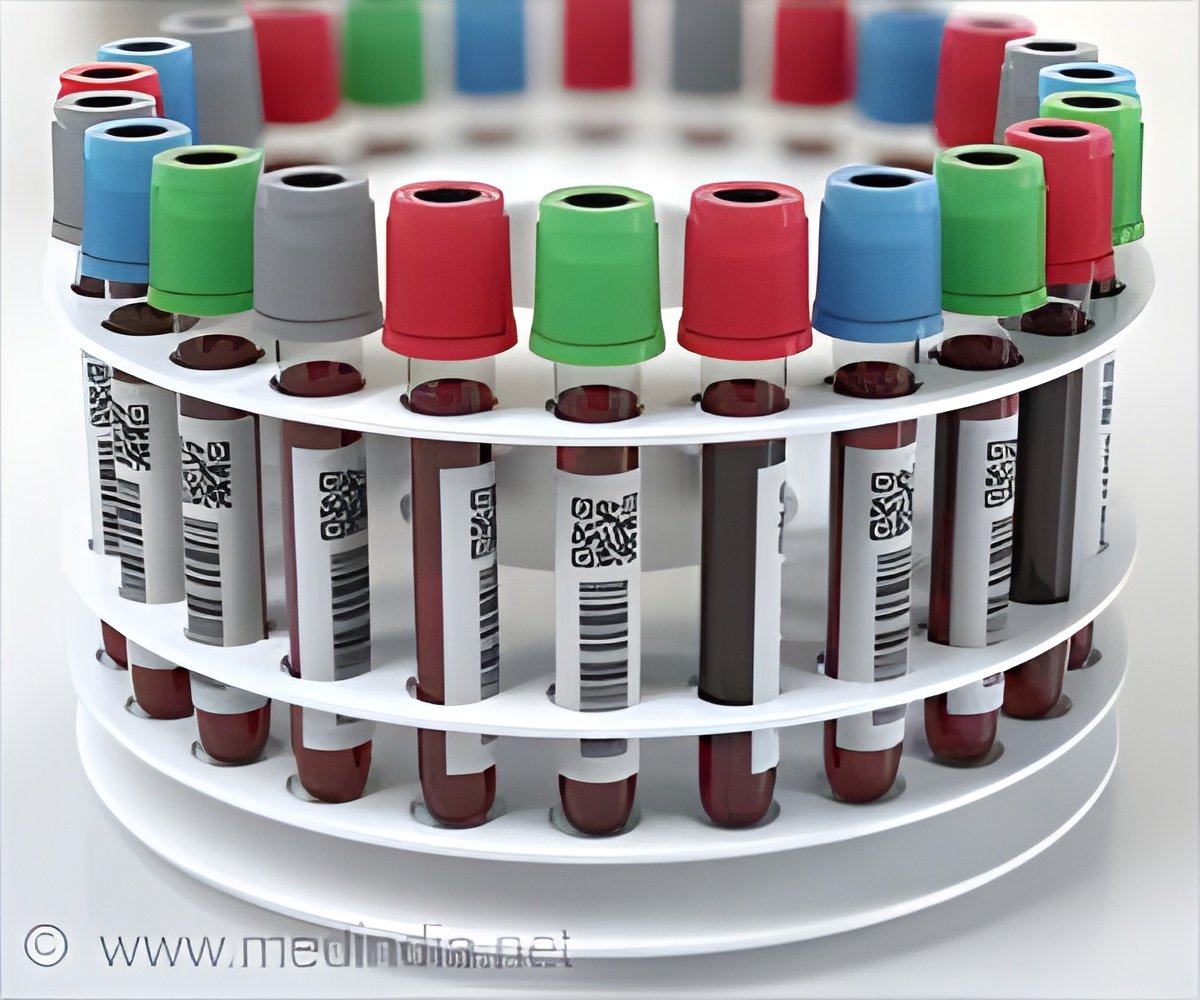Innovative sensor material enables non-invasive and early cancer diagnosis by analyzing metabolites in body fluids through light AI technology.

3D plasmonic hexaplex paper sensor for label-free human saliva sensing and machine learning-assisted early-stage lung cancer screening
Go to source).
‘Did You Know?
Lung cancer is the leading cause of cancer death worldwide. #medindia #cancer #lungcancer’





Lung cancer is the leading cause of cancer death worldwide. #medindia #cancer #lungcancer’
Advertisement
Non-Invasive and Rapid Diagnosis of Colorectal Cancer Through Plasmonic Needles
This technology enables rapid and sensitive detection of metabolites and alterations in the body fluids of cancer patients, offering a non-invasive alternative to conventional blood draws or biopsies. In partnership with Professor Soo Woong Yoo from Chonnam National University Hospital, the team diagnosed colorectal cancer by using a plasmonic needle to amplify Raman signals. This needle can be inserted through a 1-millimeter opening via a colonoscopy camera, allowing for a swab of the tumor's surface without inducing bleeding, which facilitates analysis of its composition.Advertisement
Staging Lung Cancer Through Saliva Analysis
The team also developed a technology that collects saliva from lung cancer patients and categorizes the cancer's stage, in collaboration with Professor Byung-Ho Chung at Samsung Medical Center. The breath of lung cancer patients contains volatile organic compounds (VOCs) that are different from those of healthy individuals. These compounds dissolve in saliva and are present as lung cancer metabolites. The team has perfected a technology that uses paper-based sensors to distinguish between normal individuals and lung cancer patients as well as to stage lung cancer using artificial intelligence.Advanced Technology for Metabolite Detection
There are many stories of dogs that barked at their owners so much that the owners thought something was wrong. As a result, they went to the doctor and discovered cancer. This is because dogs have a sensitive sense of smell that allows them to smell the metabolites, including VOCs, that exist in human body fluids. The team sought to implement these principles into a cancer diagnostic sensor. The technology detected signals from metabolites in body fluids with high sensitivity using plasmonic materials that amplify Raman signals by more than 100 million times without utilizing conventional, complex, and expensive equipment. Artificial intelligence analysis and mathematical modeling calculations were used to suggest biomarkers for diagnosis.Broader Applications of Technology
Dr. Ho Sang Jung, who is leading this project said, “The developed technology can be expanded not only to diagnose cancer, but also to diseases with poorly understood diagnostics, such as synaptic diseases,” and added, “We will enter the global diagnostic market based on domestic source technologies and take the lead in developing technologies that people can experience.” The technology developed by the team was ranked as the No. 1 research achievement in the 'Top 10 Outstanding Research Achievements of the Year' survey conducted by KIMS last year, and they are continuing to develop innovative technology.Multi-Cancer Detection Capabilities
Meanwhile, the research team developed a cancer diagnosis technology using urine last year and transferred the technology to SOLUM Healthcare. The recipient company is currently working on licensing the technology to apply it to products. This year, the technology has advanced to the point where it can detect the presence of multiple cancers in urine at once. The research team analyzed urine samples from approximately 250 patients with pancreatic cancer, prostate cancer, lung cancer, and colorectal cancer at the same time. They were able to perform rapid analysis and use artificial intelligence to determine results within about 2 hours for 100 patients. The research team also explained that they achieved clinical sensitivity and specificity of over 98%.Reference:
- 3D plasmonic hexaplex paper sensor for label-free human saliva sensing and machine learning-assisted early-stage lung cancer screening - (https://www.sciencedirect.com/science/article/pii/S0956566323007212)
Source-Eurekalert















